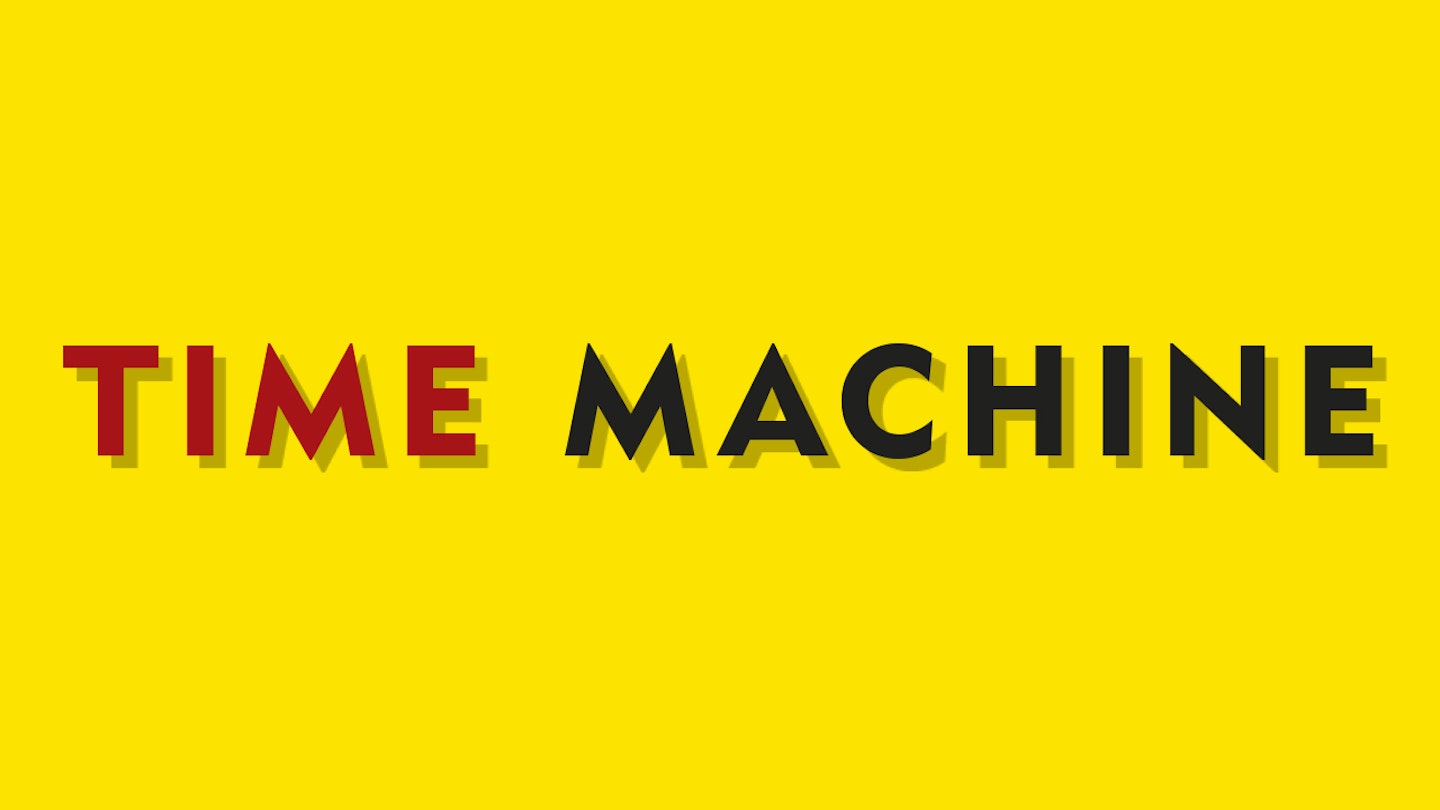19 June, 1976
It was the day Asylum Records afforded Tom Waits’s Nighthawks At The Diner – out since the previous October in the US – with an official release in Britain.
The newspaper ad was penned by Waits himself. “I used to have aspirations but I got rid of them,” it read. “A little penicillin and that was that. Killed the f*****s stone dead.”
In truth, Waits’s aspirations were on the rise. He’d previously spent the first couple of weeks of June performing at Ronnie Scott’s Jazz Club in Soho. And if some of the media coverage hadn’t been all that favourable, at least there had been plenty of it. “Over-praised nouveau-beat poet-cum-singer starts two-week residency of the club. Also on the bill is the excellent Monty Alexander Trio,” read the Melody Maker’s gig page, announcing Tom’s first-ever British appearance.
He’d flown into London in late May and held court in the lounge of the comfortable but hardly luxurious President Hotel in Holborn. There, surrounded by tea-sipping tourists, he chatted amiably enough with media inquisitors (including your correspondent), filling their tapes and notebooks with tales that wrote their own headlines but left the journalists sorting truth from fantasy.
I’m an out-of-work service station attendant. It doesn’t make me a poet because I talk instead of sing sometimes.
Tom Waits
He seemed steeped in hip, the side of jazz that crept out of the world of Jack Kerouac and Lord Buckley via the street-music of Moondog, the vocalese of King Pleasure and word-jazz genius Ken Nordine. And he wasn’t faking – he was able to reel off the names of several Nordine album titles with ease. With some inquisitors he became a mite testy, railing at the thought of being classified as a poet.
“I’m an out-of-work service station attendant,” he told writer Karl Dallas, “It doesn’t make me a poet because I talk instead of sing sometimes.”
Hunched in a chair, clad in a suit that had been everywhere, a tie that lacked direction and a shabby cap that once might have been tweed, Waits unsurprisingly caught the attention of the hotel’s other guests in the lounge. One little old lady asked him if he was a celebrity of some kind, and received a courteous half-denial. Another couple, who obviously would’ve rather been at the Mayfair or Savoy, glanced his way then hastily headed to another room. Waits took no notice and hailed a colleague: “Have you located a piano yet?” Then he informed the press: “I’m gonna go into a studio and do my forthcoming album. Hey, that’s my fourth coming album and the next one can be my fifth coming album. Right now though, they’re literally spare parts.”
He described himself as a pedestrian musician. “I can’t really sit in, I’d never cut it as a sideman. I just accompany myself, that’s what I do, I can write the best torch songs, though. I mean drinking songs, really – when I ain’t been drinking for a week.”
It was performance all the way. Pure stand-up delivered like a loose page from On The Road. “I had this meal and it was so bad, I didn’t know whether to eat it or drive it home…” And so it continued until Waits eventually connected with that waiting piano.
Thomas Alan Waits’s opening at Ronnie Scott’s a few days later went well. I wrote on the second night of his residency: “He takes the stage with what he describes as his don’t-care-a-shit-shuffle. Very apt. He tosses a coin lackadaisically in the air and, amazingly, catches it. His slothfulness is obviously deceptive.” The singer, who declared himself to be “on the crest of a slump”, delivered such self-penned goodies as Better Off Without A Wife and Diamonds On My Windshield, backed by Frank Vicari (tenor sax), Chip White (drums) and extravagantly named Dr Fitzgerald Huntington Jenkins (string bass), with a vocal approach sounding like a mixture of Satchmo and Clark Terry’s swinging stumblebum Mumbles character.
He also played piano and seemed pretty useful – as was his ability to deal with the hecklers. “Your opinions are like assholes, buddy,” he informed one front-row critic, “everybody’s got one.” Then, with his allotted time well-filled and even the hecklers applauding, he headed backstage to presumably make his peace with Ronnie Scott’s booker, Pete King, who’d had Waits ejected from the club following
a fracas on the opening night.
All in all, Waits’s first London appearances proved impressive. Not that the Melody Maker concurred: “Probably a fascinating minor talent rather than a potentially major one,” it surmised, while the NME review was dedicated to that well-known misprint, Tom Wits. Those aspirations, meanwhile, remained in place.
